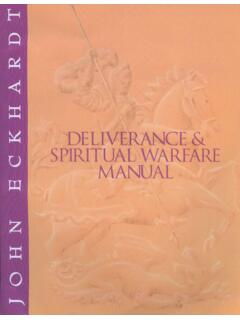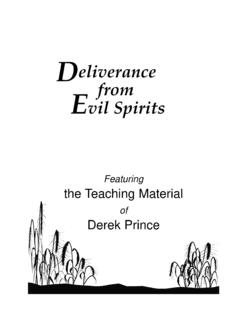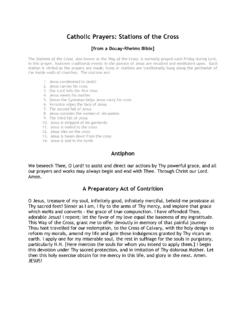Transcription of Cora Unashamed I - pelister.org
1 Cora Unashamedby Langston HughesIMelton was one of those miserable in-between little places, not large enough to be a town, norsmall enough to be a village -- that is, a village in the rural, charming sense of the had no charm about it. It was merely a nondescript collection of houses and buildings ina region of farms -- one of those sad American places with sidewalks, but no paved streets;electric lights, but no sewage; a station, but no trains that stopped, save a jerky local, morningand evening. And it was 150 miles from any city at all -- even Sioux Jenkins was one of the least of the citizens of Melton. She was what the people referredto when they wanted to be polite, as a Negress, and when they wanted to be rude, as a nigger-- sometimes adding the word "wench" for no good reason, for Cora was usually an inoffensivesoul, except that she sometimes had been in Melton for forty years.
2 Born there. Would die there probably. She worked forthe Studevants, who treated her like a dog. She stood it. Had to stand it; or work for poorerwhite folks who would treat her worse; or go jobless. Cora was like a tree -- once rooted, shestood, in spite of storms and strife, wind, and rocks, in the was the Studevants' maid of all work -- washing, ironing, cooking, scrubbing, taking careof kids, nursing old folks, making fires, carrying , bake three cakes for Mary's birthday tomorrow night. You Cora, give Rover a bath in thattar soap I bought. Cora, take Ma some jello, and don't let her have even a taste of that raisinpie. She'll keep us up all night if you do. Cora, iron my stockings. Cora, come Cora, Cora! Cora!And Cora would answer, "Yes, m'am."The Studevants thought they owned her, and they were perfectly right: they did.
3 There wassomething about the teeth in the trap of economic circumstance that kept her in their powerpractically all her life -- in the Studevant kitchen, cooking; in the Studevant parlor, sweeping; inthe Studevant backyard, hanging want to know how that could be? How a trap could close so tightly? Here is the outline:Cora was the oldest of a family of eight children -- the Jenkins niggers. The only Negroes inMelton, thank God! Where they came from originally -- that is, the old folks -- God knows. Thekids were born there. The old folks are still there now: Pa drives a junk wagon. The old womanails around the house, ails and quarrels. Seven kids are gone. Only Cora remains. Cora simplycouldn't go, with nobody else to help take care of Ma. And before that she couldn't go, withnobody to see her brothers and sisters through school (she the oldest, and Ma ailing).
4 Andbefore that -- well, somebody had to help Ma look after one baby behind another that kept a child Cora had no playtime. She always had a little brother, or a little sister in her , crying, bratty babies, hungry and mean. In the eighth grade she quit school and went towork with the that, she ate better. Half day's work at first, helping Ma at home the rest of the time. Thenfull days, bringing home her pay to feed her father's children. The old man was rather adrunkard. What little money he made from closet-cleaning, ash-hauling, and junk-dealing hespent mostly on the stuff that makes you forget you have eight passed the evenings telling long, comical lies to the white riff-raff of the town, and drinkinglicker. When his horse died, Cora's money went for a new one to haul her Pa and his ricketywagon around.
5 When the mortgage money came due, Cora's wages kept the man from takingthe roof from over their heads. When Pa got in jail, Cora borrowed ten dollars from and got him stinted, and Cora saved, and wore the Studevants' old clothes, and ate the Studevants'leftover food, and brought her pay home. Brothers and sisters grew up. The boys, lonesome,went away, as far as they could from Melton. One by one, the girls left too, mostly in disgrace."Ruinin' ma name," Pa Jenkins said, "Ruinin' ma good name! They can't go out berryin' butwhat they come back in disgrace." There was something about the cream-and-tan Jenkins girlsthat attracted the white farm Cora, the humble, had a lover once. He came to town on a freight train (long ago now),and worked at the livery-stable.
6 (That was before autos got to be so common.) Everybody saidhe was an Cora didn't care. He was the first man and the last she ever rememberedwanting. She had never known a colored lover. There weren't any around. That was not white boy, Joe, he always smelt like the horses. He was some kind of foreigner. Had anaccent, and yellow hair, big hands, and grey was summer. A few blocks beyond the Studevants' house, meadows and orchards andsweet fields stretched away to the far horizon. At night, stars in the velvet sky. Moonsometimes. Crickets and katydids and lightning bugs. The scent of grass. Cora waiting. Thatboy, Joe, a cigarette spark far off, whistling in the dark. Love didn't take long -- Cora with thescent of the Studevants' supper about her, and a cheap perfume.
7 Joe, big and strong andcareless as the horses he took care of, smelling like the would quarrel because Cora came home late, or because none of the kids had written forthree or four weeks, or because Pa was drunk again. Thus the summer passed, a dream of bighands and grey didn't go anywhere to have her child. Nor tried to hide it. When the baby grew big withinher, she didn't feel that it was a disgrace. The Studevants told her to go home and stay left town. Pa cussed. Ma cried. One April morning the kid was born. She had grey eyes,and Cora called her Josephine, after was humble and shameless before the fact of the child. There were no Negroes in Meltonto gossip, and she didn't care what the white people said. They were in another world. Ofcourse, she hadn't expected to marry Joe, or keep him.
8 He was of that other world, too. But thechild was hers -- a living bridge between two worlds. Let people went back to work at the Studevants' -- coming home at night to nurse her kid, andquarrel with Ma. About that time, Mrs. Art Studevant had a child, too, and Cora nursed it. TheStudevants' little girl was named Jessie. As the two children began to walk and talk, Corasometimes brought Josephine to play with Jessie -- until the Studevants objected, saying shecould get her work done better if she left her child at home."Yes, m'am," said in a little while they didn't need to tell Cora to leave her child at home, for Josephine died ofwhooping-cough. One rosy afternoon, Cora saw the little body go down into the ground in awhite casket that cost four weeks' Ma was ailing, Pa, smelling of licker, stood with her at the grave.
9 The two of them was not humble before the fact of death. As she turned away from the hole, tears came --but at the same time a stream of curses so violent that they made the grave-tenders look up instartled cussed out God for taking away the life that she herself had given. She screamed, "Mybaby! God damn it! My baby! I bear her and you take her away!" She looked at the sky wherethe sun was setting and yelled in defiance. Pa was amazed and scared. He pulled her up onhis rickety wagon and drove off, clattering down the road between green fields and sweetmeadows that stretched away to the far horizon. All through the ugly town Cora wept andcursed, using all the bad words she had learned from Pa in his next week she went back to the Studevants. She was gentle and humble in the face ofdeath -- she loved their baby.
10 In the afternoons on the back porch, she would pick little Jessieup and rock her to sleep, burying her dark face in the milky smell of the white child's years passed. Pa and Ma Jenkins only dried up a little. Old Man Studevant died. The oldlady had two strokes. Mrs. Art Studevant and her husband began to look their age, greying hairand sagging stomachs. The children were grown, or nearly so. Keneth took over themanagement of the hardware store that Grandpa had left. Jack went off to college. Mary was ateacher. Only Jessie remained a child -- her last year in high-school. Jessie, nineteen now, andrather slow in her studies, graduating at last. In the Fall she would go to hated to think about her going away. In her heart she had adopted Jessie. In that big andcareless household it was always Cora who stood like a calm and sheltering tree for Jessie torun to in her troubles.
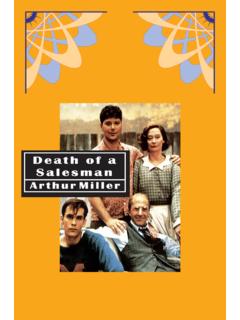
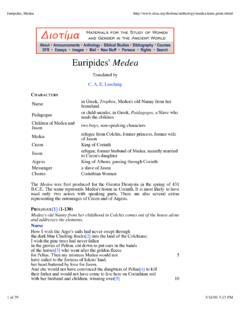
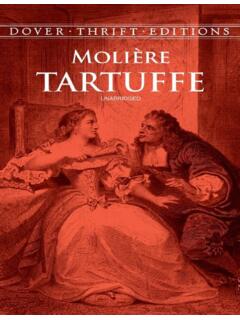
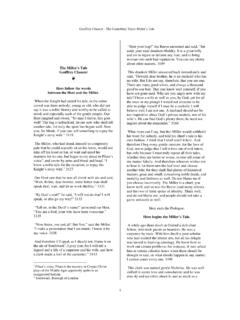



![DELIVERANCE PRAYERS to be said OUT LOUD[1]](/cache/preview/b/9/1/2/5/8/6/2/thumb-b91258625764b297039690b2c76b7215.jpg)
